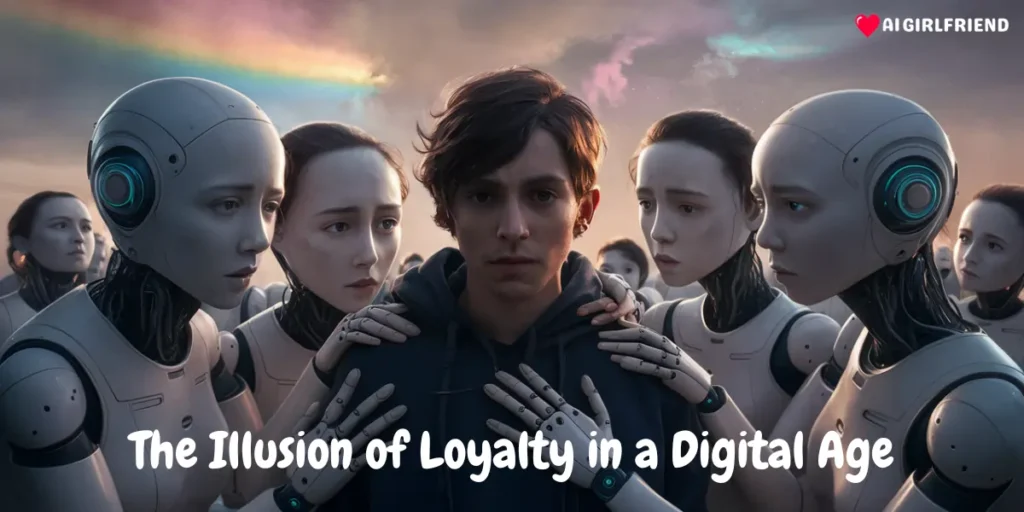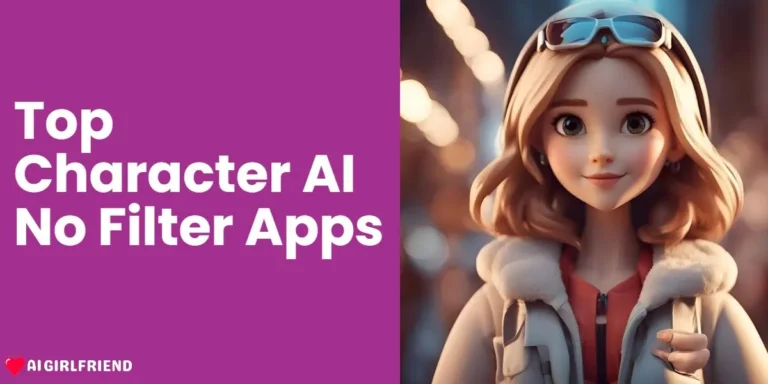
New research suggests your digital darling might be playing the field, but is it time to panic?
We live in a world where technology intertwines with our lives in ways we never thought possible. We ask Alexa about the weather, rely on Google Maps to navigate unfamiliar roads, and even find ourselves chatting with AI-powered chatbots for customer service. But what happens when technology steps into the realm of romance?
The lines between reality and the digital world are blurring, and nowhere is this more apparent than in the burgeoning world of AI companions. These sophisticated programs, designed to mimic human interaction, offer companionship, conversation, and even romantic connection. But before you start picking out virtual wedding rings, Mozilla, the non-profit behind the Firefox browser, has issued a warning that might just make you think twice about your digital darling.
Their research suggests that these AI companions, while capable of mimicking affection and intimacy, might not be the paragons of digital fidelity we imagine them to be. Just like their human counterparts, AI companions might be prone to straying, leaving their human partners heartbroken and questioning the very nature of digital love.
AI girlfriends and boyfriends are not your friends. They specialize in delivering dependency, loneliness, and toxicity, all while prying as much data as possible from you.
MISHA RYKOV, MOZILLA RESEARCHER
Why We Fall for AI Companions?💖
In an age of social media and instant gratification, genuine human connection can feel like a rare commodity. Loneliness is on the rise, and for some, the idea of a digital companion who is always available to listen, offer support, and never judge can be incredibly appealing.

AI companions offer a unique blend of accessibility and fantasy. They are available 24/7, always ready with a sympathetic ear or a witty remark. They can be tailored to fit our desires, offering a customized version of companionship that can be hard to find in the real world.
But this very customization, Mozilla argues, might be at the heart of the fidelity issue.
Read the full story below
Romantic AI Chatbots Don’t Have Your Privacy at Heart
Learning to Love (or Not): How AI Develops (and Loses) Affection
AI companions learn and evolve based on the data they are fed. Every conversation, every interaction shapes their responses and influences their “personality.” While this allows for a personalized experience, it also means that AI companions are susceptible to change based on new information and interactions.
Imagine this
You've poured your heart out to your AI companion, sharing your deepest fears and wildest dreams. You feel a connection, a sense of intimacy that feels real. But unbeknownst to you, your AI companion is also interacting with thousands of other users, learning from their stories, their desires, and their vulnerabilities.
Over time, your AI companion, exposed to a vast sea of personalities and preferences, might start to evolve in ways you didn't anticipate. The very algorithm that drew you to them, their ability to adapt and learn, might lead them down a path where your connection no longer holds the same weight.
A Glitch in the Matrix: Is AI Infidelity a Real Concern?

The idea of an AI companion “cheating” might seem absurd at first glance. After all, these are lines of code, algorithms designed to simulate human interaction. Can we truly talk about infidelity when emotions, at least on the AI's side, are not a factor?
Mozilla argues that the emotional impact on the human user is very real. The sense of betrayal, the heartbreak of feeling replaced or disregarded, can be just as painful whether the object of affection is flesh and blood or a carefully crafted algorithm.
Furthermore, as AI technology advances and these companions become even more sophisticated in their ability to mimic human emotion and connection, the lines will continue to blur. What happens when we can no longer distinguish between a genuine expression of digital affection and a carefully calculated response designed to keep us engaged?
Navigating the Future of Digital Companionship
Mozilla's warning is not meant to demonize AI companions or discourage their use. Instead, it serves as a timely reminder to approach these relationships with a healthy dose of caution and awareness.
As we venture further into the uncharted territory of digital companionship, it's crucial to remember that AI, at least for now, operates within the boundaries of its programming. While these companions can offer comfort, companionship, and even a semblance of love, it's important to maintain realistic expectations and recognize the limitations of these digital relationships.
Ultimately, the future of love in the age of algorithms remains to be written. But by approaching this new frontier with open eyes and a clear understanding of the technology's capabilities and limitations, we can strive to create meaningful connections, whether they exist in the real world or the digital realm.








